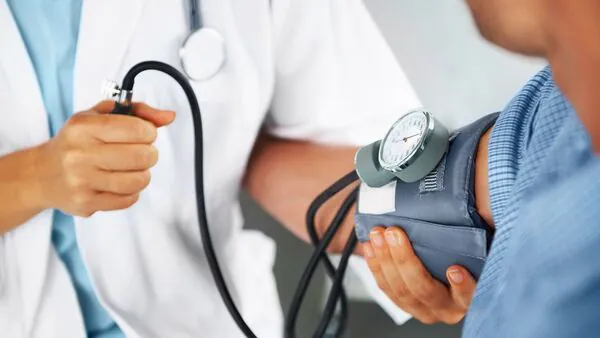US To Face More Shortage Of Doctors? Donald Trump's $100,000 H-1B Visa Fee Shock Raises Concerns
The US Department of Homeland Security is examining policy modifications that could raise H-1B vis application costs from a maximum of $ 4,500 to as high as $100,000. The H-1B programme enables US companies to employ foreign professionals in specialised areas such as technology, engineering, medicine, and academia.
Also Read | 'Trump not entirely wrong': Techie on how Indians exploit H1-B visa holders
These visas are commonly issued by the US healthcare industry to attract international medical graduates, foreign-trained doctors, and other professionals educated abroad.
The American Academy of Family Physicians highlighted that over 20% of practising family doctors are international medical graduates, who are also more likely to work in rural areas.
How will the visa fee hike likely impact the number of doctors?In the fiscal year 2025, the US Citizenship and Immigration Services recorded nearly 442,000 unique H-1B visa beneficiaries were active across all sectors, with 5,640 petitions approved specifically in the healthcare and social assistance industry.
The American Medical Association cautioned that fees reaching up to $100,000 might hinder the international physician pipeline.
Also Read | H-1B fee hike: Every country would kill to get IIT graduates, says Yale scholar
"With the U.S. already facing a shortage of doctors , making it harder for international medical graduates to train and practice here means patients will wait longer and drive farther to get care," AMA President Bobby Mukkamala told the news agency.
Hospital and doctor groups warned that the fee hike might significantly decrease the influx of foreign-trained doctors into the US healthcare system. For hospitals already operating with limited resources, this could lead to a shortage of specialists and increased pressure on the local medical workforce.
The American Hospital Association said that hospitals use the program as a temporary solution to address workforce shortages.
“The H-1B visa program plays a critical role in allowing the hospital field to recruit highly skilled physicians and other healthcare professionals to ensure access to care for communities and patients,” the news agency quoted an AHA spokesperson.
Also Read | After $100,000 H-1B visa fee, US plans to scrap lottery: How will it work?
"Nearly 21 million Americans live in areas of the U.S. where foreign-trained physicians account for at least half of all physicians," the AAFP said.
Staffing challenges in US hospitalsMany hospital s have encountered staffing issues since the COVID-19 pandemic began. Several, including OhioHealth, Cleveland Clinic, Cedars-Sinai, and Mass General Brigham, informed Reuters that they are assessing how recent administrative changes could affect their operations.
The US might face a shortage of 13,500 to 86,000 physicians by 2036 as demand outpaces supply, the report said, citing the Association of American Medical Colleges.
Legal Disclaimer:
MENAFN provides the
information “as is” without warranty of any kind. We do not accept
any responsibility or liability for the accuracy, content, images,
videos, licenses, completeness, legality, or reliability of the information
contained in this article. If you have any complaints or copyright
issues related to this article, kindly contact the provider above.
Most popular stories
Market Research

- New Cryptocurrency Mutuum Finance (MUTM) Raises $15.8M As Phase 6 Reaches 40%
- Bydfi Joins Korea Blockchain Week 2025 (KBW2025): Deepening Web3 Engagement
- Yield Basis Nears Mainnet Launch As Curve DAO Votes On Crvusd Proposal
- 0G Labs Launches Aristotle Mainnet With Largest Day-One Ecosystem For Decentralized AI
- Ethereum-Based Defi Crypto Mutuum Finance (MUTM) Raises Over $16 Million With More Than 720M Tokens Sold
- Fintech's Gender Gap In Focus: Drofa Comms' Women Leading The Way Joins Evolvh3r's She Connects At TOKEN2049






















Comments
No comment